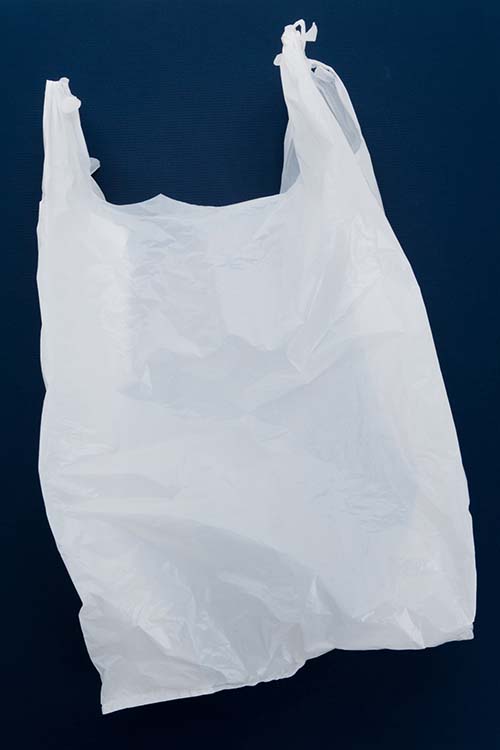Why Bags Aren’t Free in Philly

No Bag Fee In Philly? Why Bags Still Aren’t Free
A measure to levy a 5-cent fee on single-use plastic bags in Philadelphia failed to even get a hearing before the City Council, so at this time there are no laws regulating the distribution of disposable plastic bags. Shoppers in Philly may be happy that they do not have to pay a per bag fee when they shop, however, the hidden costs of single-use plastic bags can add up to some big expenses.
Customers Pay for Single-Use Plastic Bags
Merchants purchase single-use plastic bags to hand out to their customers, and the expense of these bags is passed along to the customer. This is standard operating procedure and it makes sense, but it causes customers to falsely believe these bags are free.
Just because disposable bags do not appear as a line item on the receipt does not mean they are free – the cost is factored into the prices of goods sold in the store. For this reason some retailers offer discounts when shoppers bring their own reusable grocery bags because if a shopper is not using disposable bags supplied by the store, they are saving the retailer money.
There Are a lot of Costs Tied to Recycling

By many estimates only about 12 percent of the single-use plastic bags handed out are recycled. Recycling is a responsible way to handle disposable bags since it turns the material into something new and functional, but recycling plastic bags is not smooth sailing. Plastic bags typically cannot be tossed into a curbside recycling bin. Oftentimes larger grocery stores have collection bins and will take single-use plastic bags for recycling and from there the bags will be brought to a recycling facility.
When plastic bags are not sorted properly and end up at recycling facilities that are not equipped to handle thin, film plastic the machines can become blocked. Clearing the machines is potentially dangerous and requires the equipment be shut down, which slows efficiency and costs money.
Cleanup Expenses Can Add Up
The remaining single-use plastic bags given out at the checkout are carted off to landfills or discarded as litter. Disposable plastic bags are not biodegradable, so they do not safely break down. When exposed to the elements they will break apart into smaller and smaller pieces of plastic, but they will continue to take up space in landfills.
As more plastic accumulates in the landfills it prevents or slows down materials that are biodegradable from being absorbed back into the ground and causes the landfill to grow larger and larger. Managing landfills to function optimally takes time and money, and the job would be easier and could be done in a more cost effect manner if recyclable materials were recycled instead of thrown in the trash.
When plastic bags windup as litter the situation is even more dire. Single-use plastic bags can become lodged in drainage systems and lead to flooding. In order to avoid the damage and expense of flooding it falls to the municipalities to clean up the trash. Cleaning up the trash is necessary to prevent additional and greater expenses, but it still costs taxpayer money and it would save even more money if disposable plastic bags were not carelessly tossed away.
And that is not free. “Plastic bags are the things that we spend time cleaning up,” said Julie Slavet to Philly.com, executive director for the Tookany/Tacony-Frankford Watershed Partnership.
The plastic bags that Slavet sees are urban tumbleweeds, the fugitive sacks that end up on the street or in storm drains. And they translate into cleanup costs.
Cities that have implemented single-use plastic bag fees or bans have reported less litter, and as a result there is less of a need for cleanup efforts and less of a cost passed on to taxpayers.
Makes Cents Right?
Oftentimes when a plastic bag fee is suggested residents focus on the additional cost they’ll see on their grocery bill, but they are overlooking the expenses they are already covering by using disposable plastic bags. Switching to reusable grocery bags can save money for everyone involved from retailers to shoppers to municipalities and it can also help save our environment and wildlife.
Tagged




